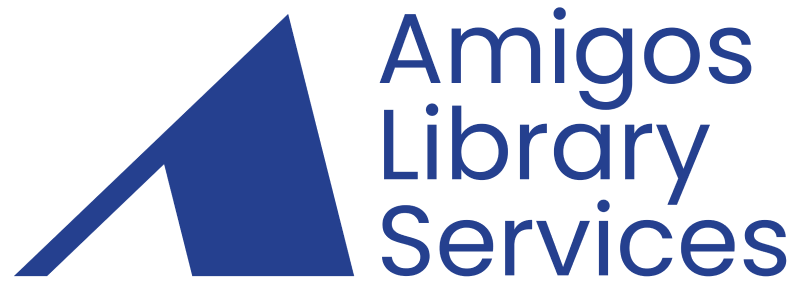Know & Go: Quick and Easy Tips for Using Canva
Canva is a popular platform for creating flyers, posters, presentations and more. Join us to learn some quick and easy tips for utilizing the best new content from Canva. Get ideas for making graphics for your programs, websites, emails and social media marketing.
